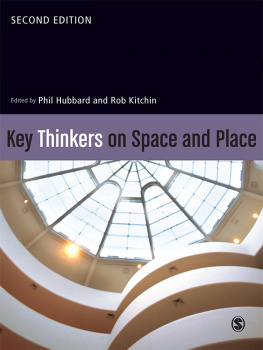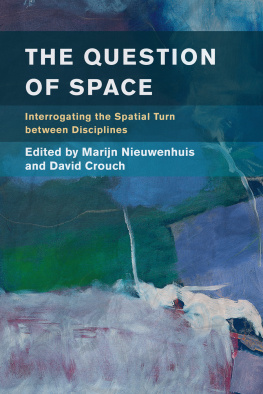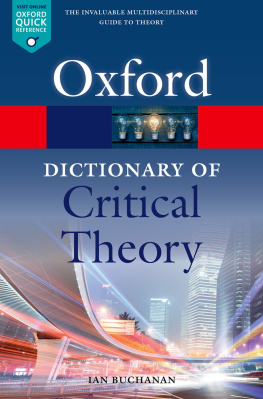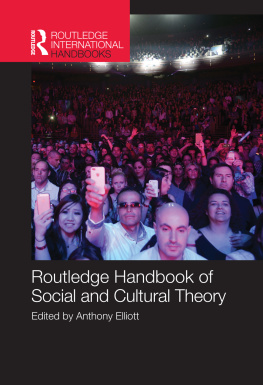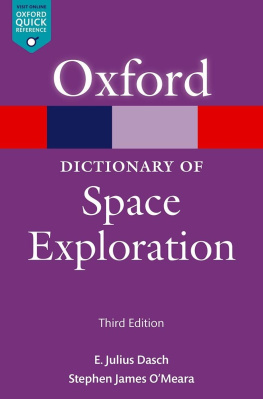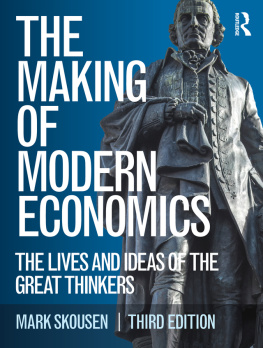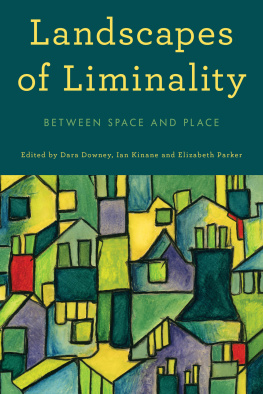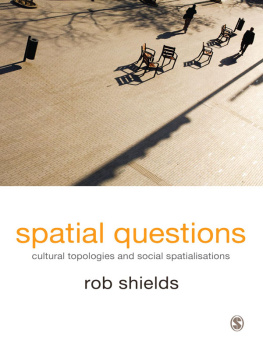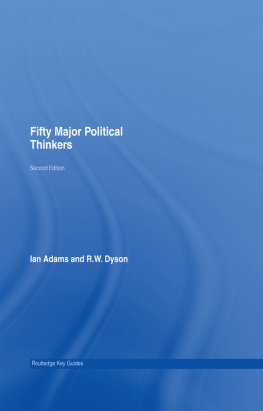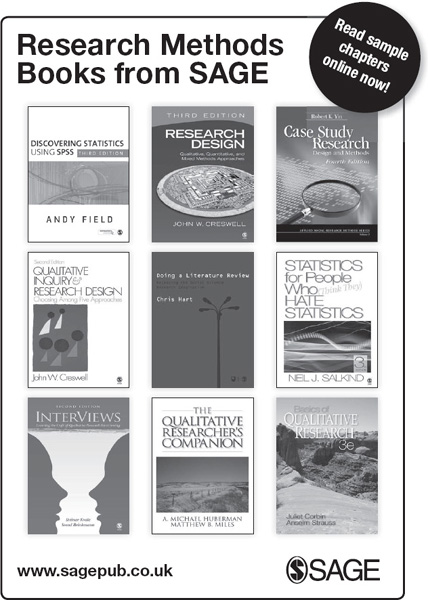
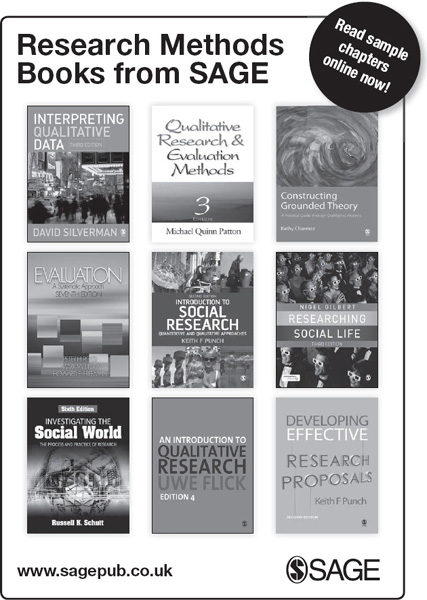
Benedict Anderson
BIOGRAPHICAL DETAILS AND THEORETICAL CONTEXT
Author of one of the most important concepts in political geography, that of nations being imagined communities, Benedict Richard OGorman Anderson was born in Kunming, China in 1936. Brother of political theorist Perry Anderson and an Irish citizen whose father was an official with Imperial Maritime Customs, he grew up in California and Ireland before attending Cambridge University. Studying briefly under Eric Hobsbawm, Anderson graduated with a First Class degree in Classics in 1957. He moved to Cornell University in 1958 to pursue PhD research on Indonesia where he was influenced by George Kahin, John Echols and Claire Holt (Anderson, 1998; 1999). In 1965 Indonesias military leader Suharto foiled an alleged coup attempt by communist soldiers, purged the army, and massacred civilians. Working with two other graduate students, Anderson analysed Suhartos version of events, questioning their veracity. Their assessment reached the Indonesian military who in 1967 and 1968 invited Anderson to the country to persuade him of the errors in this monograph, then known as the Cornell Paper. Failing to be convinced, Anderson was denounced by the Indonesian regime. Following formal publication of the allegations (Anderson et al., 1971), Indonesian authorities barred Anderson from Indonesia for what became the duration of Suhartos regime (though Anderson returned to Indonesia in 1999 following the dictators death).
Anderson completed his PhD, The Pemuda Revolution: Indonesian Politics, 194546 in 1967 and taught in the Department of Government at Cornell University until retirement in 2002. Editor of the interdisciplinary journal Indonesia between 1966 and 1984, Anderson studied topics as diverse as Indonesias government, politics and international relations (e.g., 1964), human rights (e.g., 1976) and role in East Timor (e.g., 1980). An expert on South East Asia, military conflicts between Cambodia, Vietnam and China in the late-1970s stimulated Anderson to analyse the importance of, and political attraction to, nationalist politics. The result was Imagined Communities Reflections on the Origin and Spread of Nationalism (1983; 1991; 2006).
In this work, Anderson maintained that major theoretical approaches had largely ignored nationalism, merely accepting it as the way things are:
Nation, nationality, nationalism all have proved notoriously difficult to define, let alone analyse. In contrast to the immense influence that nationalism has exerted on the modern world, plausible theory about it is conspicuously meager. (Anderson, 2006: 3)
Particularly culpable in this respect was Marxism, the relationship between it and nationalism being the subject of debate in New Left Review in the 1970s (e.g., Nairn, 1975; Lwy, 1976; Debray, 1977; see Anderson, 2006: 2089). In this climate, Anderson (2006: 3; original emphasis) argued Marxist thought had not ignored nationalism but that nationalism has proved an uncomfortable anomaly for Marxist theory and, precisely for that reason, has been largely elided, rather than confronted. Imagined Communities was an effort to reconcile theories of Marxism and nationalism, and counter what Anderson envisaged as a skewed context for the assessment of nationalism, namely an almost wholly European focus, to the detriment of understanding the colonial antecedents of modern nationalist politics. Drawing on case studies of colonialism in Latin America and Indonesia, Anderson (2006: 56) proposed the following definition of the nation: it is an imagined political community and imagined as both inherently limited and sovereign.
SPATIAL CONTRIBUTIONS
Andersons concept of nations being imagined communities has become standard within books reviewing geographical thought (e.g., Crang, 1998; Cloke et al., 2001; Anderson et al., 2003; Oakes and Price, 2008). The contention that a nation is imagined does not mean that a nation is false, unreal or to be distinguished from true (unimagined) communities. Rather Anderson is proposing that a nation is constructed from popular processes through which residents share nationality in common:
It isimaginedbecause the members of even the smallest nation will never know most of their fellow-members, meet them, or even hear of them, yet in the minds of each lives the image of their communion.
(Anderson, 2006: 6; original emphasis)
This understanding both shapes and is shaped by political and cultural institutions as people imagine they share general beliefs, attitudes and recognise a collective national populace as having similar opinions and sentiments to their own. Secondly:
The nation is imagined aslimitedbecause even the largest of them, encompassing perhaps a billion living human beings, has finite, if elastic, boundaries, beyond which lie other nations.
(Anderson, 2006: 7; original emphasis)
To have one nation means there must be another nation against which self-definition can be constructed. Anderson is thus arguing for the social construction of nations as political entities that have a limited spatial and demographic extent, rather than organic, eternal entities. Further:
It is imagined assovereignbecause the concept was born in an age in which Enlightenment and Revolution were destroying the legitimacy of the divinely-ordained, hierarchical dynastic realm nations dream of being free The gage and emblem of this freedom is the sovereign state.
(Anderson, 2006: 7; original emphasis)
Anderson argues that the concept of the nation emerged in the late-eighteenth century as a societal structure to replace previous monarchical or religious orders. In this manner, a nation was a new way of conceptualising state sovereignty and rule. This rule would be limited to a defined population and territory over which the state, in the name of nationality, could exercise power:
Finally, it is imagined as acommunity, because, regardless of the actual inequality and exploitation that may prevail in each, the nation is always conceived as a deep, horizontal comradeship. Ultimately it is this fraternity that makes it possible, over the past two centuries, for so many millions of people, not so much to kill, as willingly to die for such limited imaginings.
(Anderson, 2006: 7; original emphasis)
Nations hold such power over imaginations, claims Anderson, that patriotic calls to arms are understood as the duty of all national residents. Further, in war, national citizens are equal and class boundaries are eroded in the communal struggle for national survival and greatness.
Andersons second key aspect of the development of nationalism is what he identifies as the role of creole pioneers. In both North and South America, those who fought for national independence in the eighteenth and nineteenth centuries had the same ancestries, languages and traditions as the colonising powers they opposed. Anderson (2006: 47) argues these creole pioneers developed nationalist politics before Europe, because colonies were largely self-administrating territorial units. Thus, residents conceived of their belonging to a common and potentially sovereign community, a sentiment enhanced by provincial newspapers raising debate about intercontinental political and administrative relationships. Anderson stakes much of his thesis on print-capitalism; novels and newspapers, he claims, made it possible for rapidly growing numbers of people to think about themselves, and to relate themselves to others, in profoundly new ways (Anderson, 2006: 36). In addition, standardised national calendars, language and clocks generated a sense of simultaneous national experiences and national difference from elsewhere. Disparate occurrences thus became bound together as
Next page
